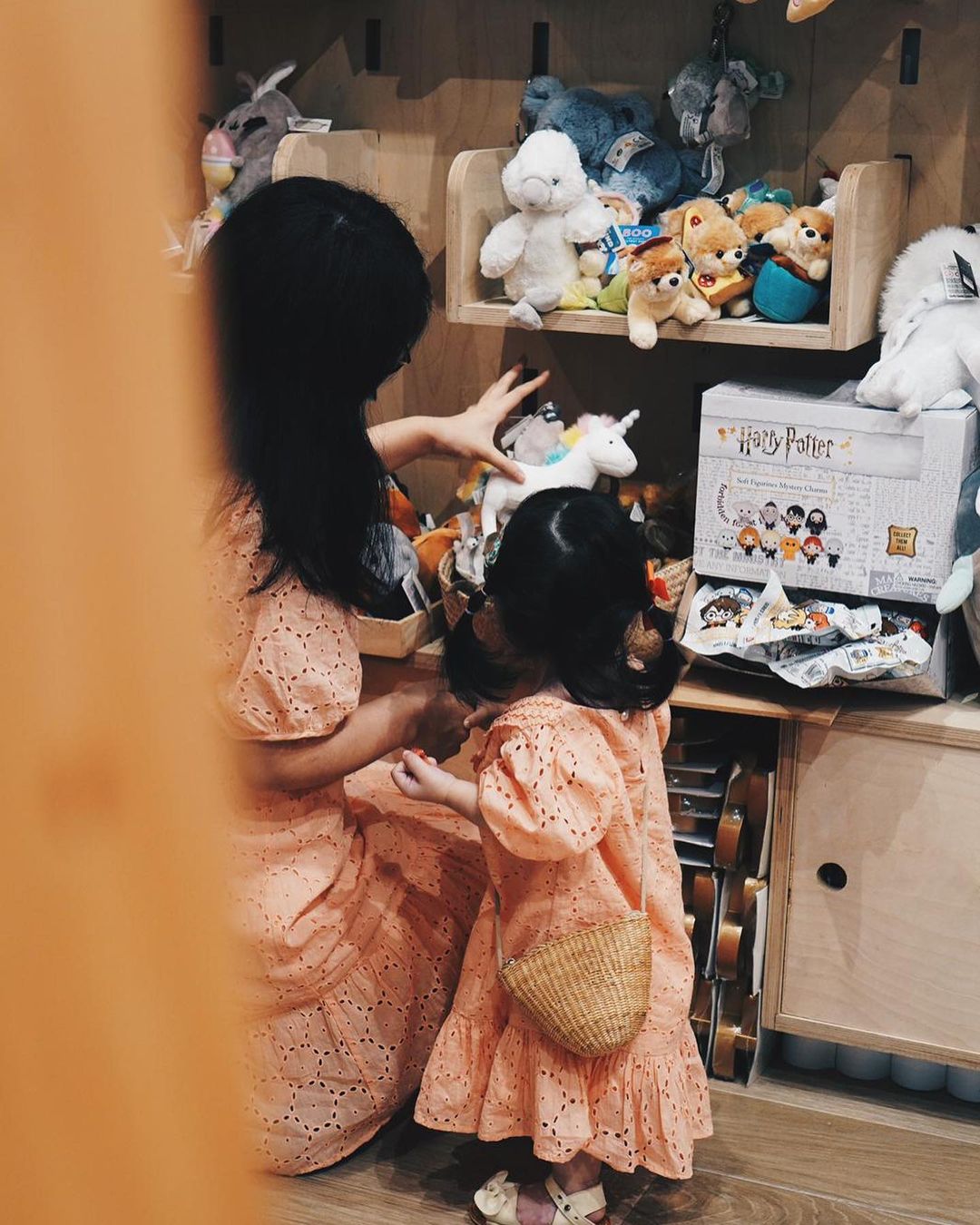Keeping It Low-Key
“Sharenting” Risks and Protecting Your Child’s Precious Moments
Published: April 12, 2021

Photo by @koyourichan
With more people staying in isolation for safety reasons, the need to feel connected is stronger than ever. In combating solitude, many turn to social media to communicate with their loved ones and provide updates on how they are faring in life. The eagerness to share snippets of each day has increased tenfold that some fall into the trap of giving away too much information, which may have harmful consequences.
The increase in the number of moms and dads who have shown a high level of activity on social networking sites gave rise to the term “sharenting“, which describes parents who post photographs, videos, and other content about their children on social media. While some may see this as an expression of love and admiration for children, there are very real concerns and risks connected to sharenting. According to the American Academy of Pediatrics, sharenting may not be respectful of a child’s sense of privacy and opinions, especially if they did not provide consent for the publication of a certain content. Once it’s posted, the material may be accessed by shady individuals, rendering the child vulnerable to identity theft or even digital kidnapping.
Showing how much you appreciate your beautiful boy or girl on social media is a wonderful thing, but it should be done responsibly. The American Medical Association via JAMA Pediatrics has put together a set of guidelines for parents who want to protect their child from the downsides of sharenting:
Read before you click.
Look up the privacy policies of the social media platforms that you frequently engage with. Consider the implications of each item and evaluate whether or not it threatens your child’s welfare and yours.
Do a search.
Use your trusted search engine to manually search for any hits online upon inputting your child’s information. You can automate this by setting a notification feature to alert you if your child’s name appears on other sites.
Don’t let emotions get the better of you.
Think twice about sharing negative information such as your child’s struggles or parenting obstacles that you are currently facing. If you must, do so anonymously.
Keep private information, private.
Limit the information you share about your child. Avoid giving out details like their full name, the school they go to, class schedules, locations, and the like.
Let your kids decide.
Before hitting the “Post” button, circle back to your child and talk to him or her about the content that you’ll be sharing. Ask them what they feel about it. If they’re not comfortable, hold back.
Use some foresight.
Every act you do today has an effect in your child’s future. “Will this post put my child in a good light down the road?” Ask yourself this question before populating your social media page.
